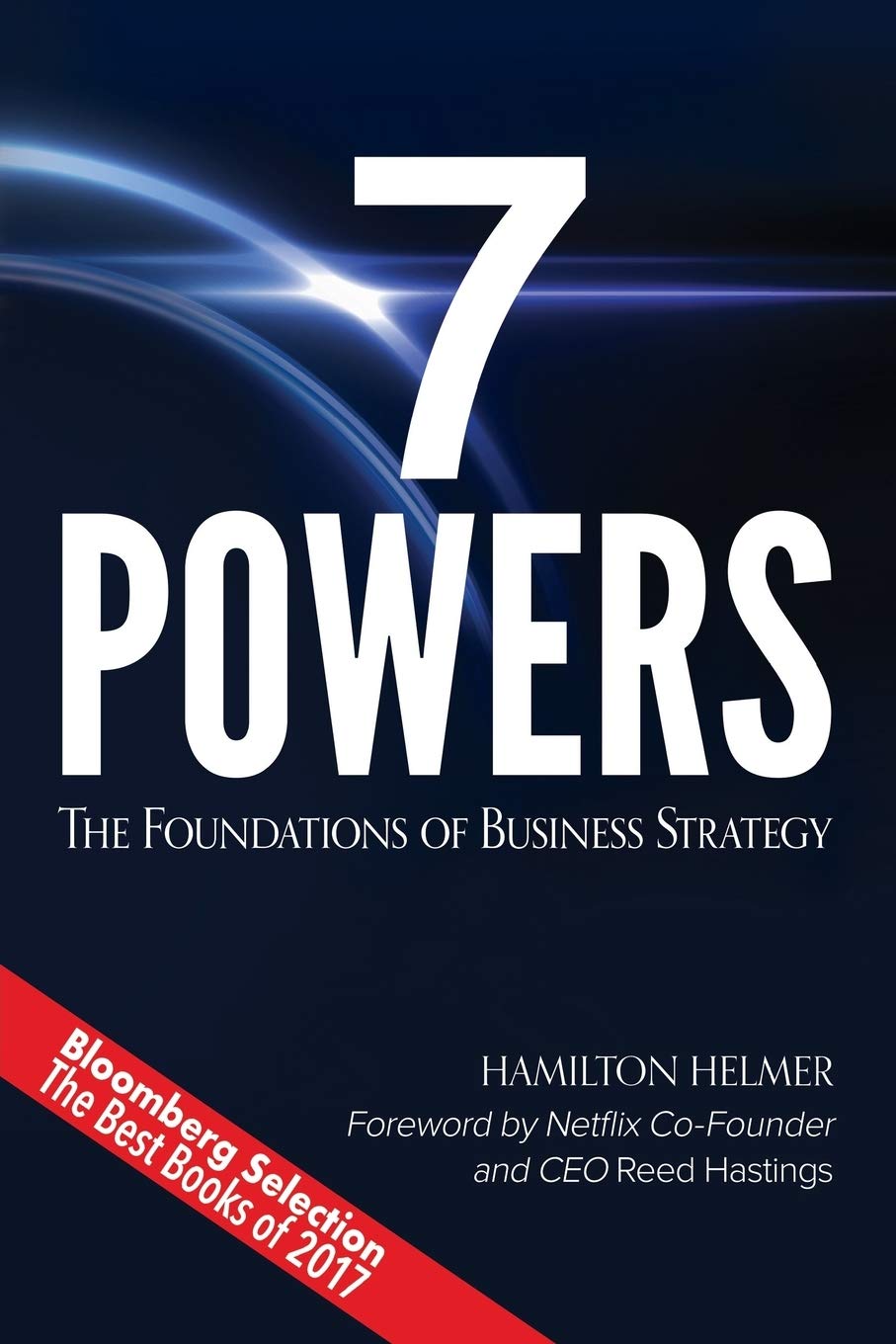
Highlights §
- 7 Powers is arguably the best book on business strategy currently available today. (View Highlight)
- This is a summary of a 🌳 tree book, arguably the best book on business strategy currently available. 7 Powers is very good, remarkably well written, but deceptively easy to read; the framework that the book develops is ‘simple without being simplistic’. To my mind, 7 Powers supplants Michael Porter, shores up several holes in Clayton Christensen’s disruption theory, outshines Bruce Greenwald’s Competition Demystified, and makes Richard Rumelt look like a child playing with strategy toys. If you must read only one book on business strategy, make it this one. (View Highlight)
- The central problem that business strategy is supposed to solve is easy to state: how do you prevent your business from sucking? (View Highlight)
- Most businesses in most industries eventually suck. We’ve already covered the fundamental reason why: the short — if simplistic! — answer is ‘because competitive arbitrage’ — good businesses have high profit margins; high profit margins attract competitors and copycats who are willing to reduce prices; over time, the increased pressure from competitors drives prices and margins down to the opportunity cost of capital. (View Highlight)
- The question business strategy is supposed to answer is ‘how do you prevent that from happening?’ In the absence of strategy, the simple — if naive — answer is to run harder and innovate better and work longer hours than your competition. But then it’s only a matter of time before you (or one of your successors) trip up. A better answer is to find a ‘moat’; some … thing that helps you run less hard and work less hours, while still maintaining your profit margins. (View Highlight)
- Helmer’s book proposes there are really only seven types of moats. He calls these moats ‘powers’, because it literally gives you Power against margin compression (View Highlight)
- That last bit is why I think 7 Powers is the best book on strategy available today — simply put, Helmer’s theory is pragmatic. He recognises that business operators rarely discover Power through thoughtful analysis; they nearly always discover it through action. And so the contribution of 7 Powers is that it helps you recognise sources of power when you see them; Helmer has said that the usefulness of 7 Powers lies in the fact that it turns strategy into a ‘multiple choice question, not an essay question’. His hope is that you would use his theory to make your trial and error cycles more deliberate. (View Highlight)
